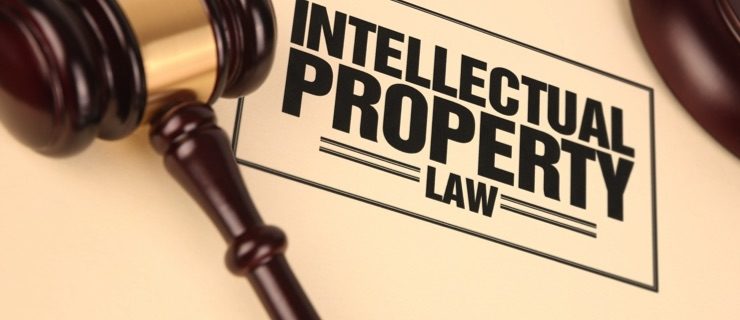Saudi Arabia has issued its first-ever fine for AI copyright theft, hitting one man with a $2,400 penalty for stealing and altering someone else’s photo using artificial intelligence.
The violator used AI tools to modify a personal photograph without permission, then published it commercially. Authorities tracked him down and made him pay SR9,000 ($2,400) for his digital crime.
While countries debate how to regulate artificial intelligence, Saudi Arabia took action using existing copyright rules.
How Saudi Authorities Caught the AI Image Thief
The victim filed an official complaint with SAIP when they discovered their personal photo being used without consent. Investigators then collected evidence and questioned the accused person directly.
The case went through proper legal channels. A specialized committee examined all evidence before confirming the violation and imposing the financial penalty.
SAIP emphasized that using AI to manipulate personal content without authorization carries serious legal consequences. The authority stated that publishing personal images modified through AI technologies and exploiting them commercially violates copyright law.

Saudi Copyright Law Applies to AI Technology
Saudi Arabia didn’t need new legislation to prosecute this case. The kingdom applied its existing Copyright Law (Royal Decree No. M/41) to address AI-related violations.
This approach differs from other countries still drafting AI-specific regulations. Instead of waiting for new laws, Saudi authorities used current intellectual property protections to tackle digital age crimes.
The law protects individuals’ rights to control how their likeness appears in public domains. Copyright holders retain both moral and financial rights over their personal images and creative works.
AI Users Face Growing Legal Risks
The Saudi penalty sends a warning to AI users everywhere. Modifying someone else’s content with artificial intelligence doesn’t make it yours to use freely.
SAIP operates under the Prime Minister’s office and follows international best practices for intellectual property regulation. The authority urged individuals and institutions to respect intellectual property rights and avoid violations under any pretext.
The agency stressed that applicable regulations impose deterrent financial and legal penalties to protect creators’ and authors’ rights.
Commercial AI Use Draws Closer Scrutiny
The Saudi case involved commercial exploitation of the modified image, which likely increased the penalty severity. Using someone’s likeness for profit without permission crosses clear legal boundaries.
This case highlights growing concerns about AI tools being used for unauthorized commercial purposes. Companies and individuals using AI for business need to ensure they have proper rights to source materials.
The ruling demonstrates that AI applications must comply with existing laws including copyright law, personal data protection regulations, and anti-cybercrime statutes.
Global AI Copyright Enforcement
Saudi Arabia’s enforcement action could encourage other countries to pursue similar cases. The kingdom showed that current copyright frameworks can effectively address AI-related violations without waiting for new technology-specific laws.
This precedent may influence how international courts handle future AI copyright disputes. Legal experts will likely study this case as they develop recommendations for AI governance worldwide.
The $2,400 fine may seem modest, but it establishes crucial legal precedent. Future violations could face much steeper penalties as authorities develop more aggressive enforcement strategies.













